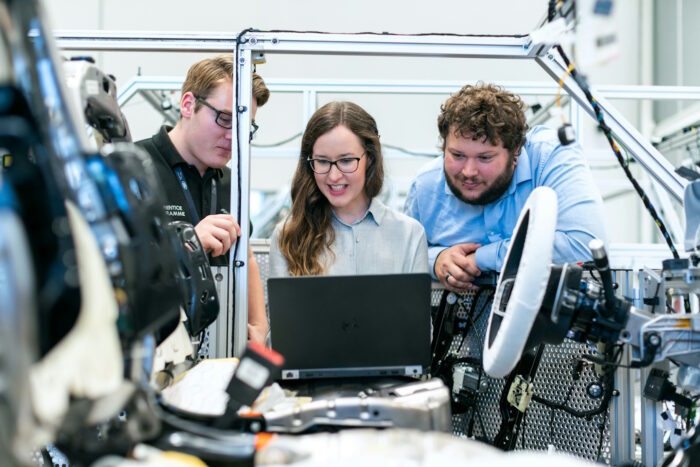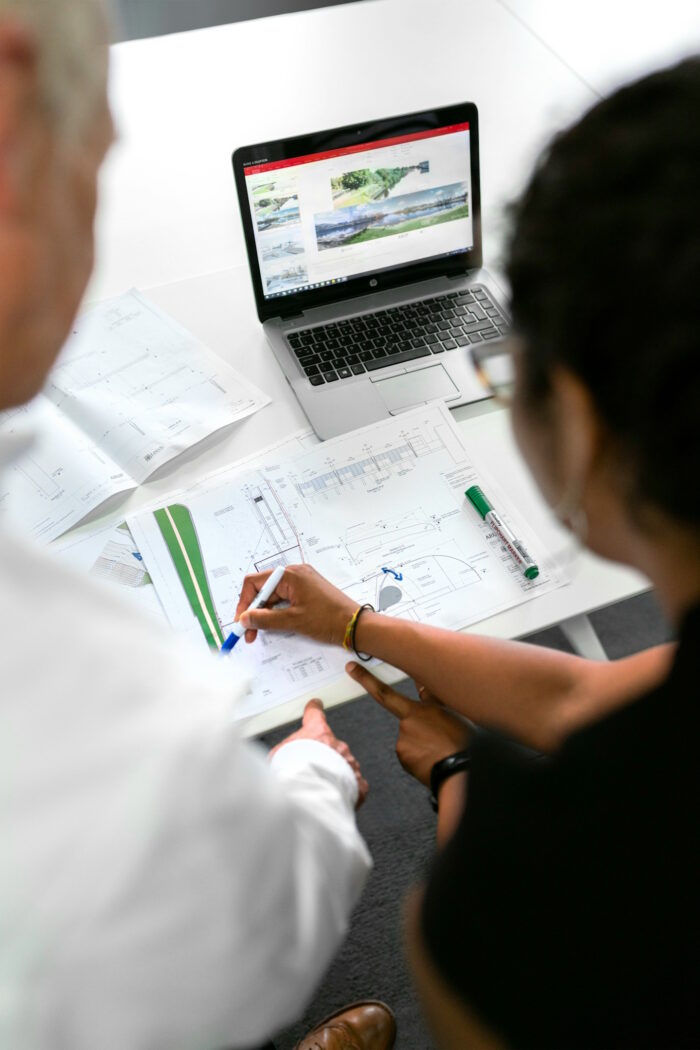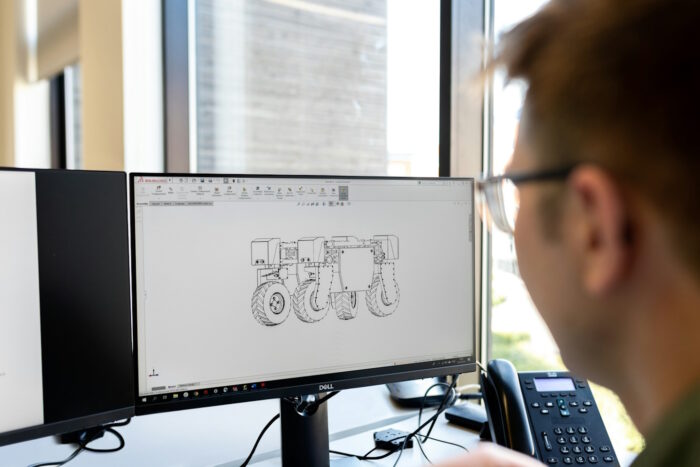Engineering
- UCAS Code: H100
- Campus Code: 4
- Duration: 4 years
- Places per year: 8-9
Engineering at Cambridge enables you to develop your knowledge, skills, imagination and experience to the highest levels, so you’re ready for your future career.
Learn a broad range of topics, such as civil, structural, electrical and mechanical engineering and specialise in areas that interest you the most.
For an overview of the course content, visit the Engineering course page on the University website. For information about applying for the course at Trinity Hall, continue reading this page!

Engineering
Looking for something specific? Use these quick links to get to where you want to go…

Entry Requirements
Minimum Offer Level
A-Level: A*A*A
IB Diploma: 42 points, with 776 at Higher Level
Other: See the University’s Entry Requirements page
Subject Requirements
You will need A levels/IB Higher Levels (or the equivalent) in:
- Mathematics
- Physics
If you’re studying IB, we ask for Analysis and Approaches for this course.
A Level Further Mathematics is very strongly encouraged. If unavailable or you’ve recognised its desirability too late, we’d advise you to do as much additional pure maths and mechanics as possible, e.g. by studying advanced material or Further Mathematics AS Level. A Level candidates without Further Mathematics have a lower success rate than candidates with Further Mathematics to at least AS Level.
We will normally require A*/7 in Mathematics or Further Mathematics, and A*/7 in Physics.

Admissions Process
Written Work
None required.
Admissions Assessment
All applicants for Engineering are required to take the Engineering and Science Admissions Test (ESAT). You will need to complete Mathematics 1, Mathematics 2 and Physics. You must register in advance and take the test at an authorised assessment centre.
Please see the University’s admissions test page for more information.
Interviews
Two interviews of about 25 minutes each.